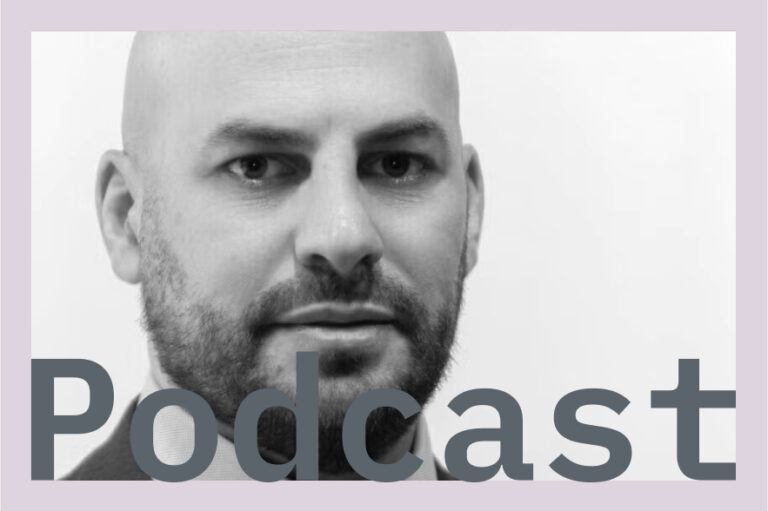
The popularisation of AI over the past year has widened the digital skills gap, creating an enormous concern for organisations and employees alike. This has introduced a need for leaders to focus on building tech and AI literacy through upskilling, which allows employees to continuously develop new and relevant skills to ensure that the organisation remains equipped for the future.
Remaining forward looking is a priority for both organisations and employees. In fact, 42% of millennials would leave a company very fast if the experiential learning curve was steep and slow. In 2022, LinkedIn’s Learning and Development Report also cited opportunities to learn and grow as the number one defining factor in creating an exceptional work environment.
Providing learning opportunities for employees is key to remaining on top of trends and ensuring both employee retention and engagement are high through ever-changing times. Organisations must keep up with the pace of change, and the most powerful way of doing this is by building AI literacy and digital skills within the workforce.
How is AI changing the workforce?
While the pandemic is becoming a hazy memory, its shadow still looms over. This is reflected in the accelerated rate of change within businesses, as companies continue to adapt to hybrid working models and other organisational shifts. AI is another prominent driver of change, and according to PwC could contribute up to $15.7 trillion to the global economy in 2030.
It seems businesses are wholly unprepared for this takeover however, as a study in March 2023 revealed that only one in 10 global workers have in-demand AI skills like encryption, cyber security, coding and app development skills. UK businesses in particular are feeling the strain from this scarcity with two-thirds facing a digital skills gap in their workforce.
Often, the concerns around lack of technical skills are reserved for workers who have been in their roles for longer periods of time, but the onset of AI has also extended this concern to newer generations in the workplace. In fact, recent research suggested that AI could influence in removing the need for entry level jobs in the next 10 years. According to the report, many tasks which would have been associated with less experienced members of the workplace – including writing and administrative tasks – could be done by AI instead of people in the next decade. This does not mean that jobs will be eliminated by the new technology, just augmented. Leaders have the important responsibility of making sure their employees are equipped for these changes.
The best tools for the job
But how do we keep workers’ abilities up to date? The digital sphere can seem daunting for many workers whose skills don’t directly lie in the sector, and especially for those who did not grow up with the internet at their fingertips. The majority of leaders (82%) say their employees will need new skills to be prepared for the growth of AI.
The answer lies in digital professional development to upskill the workforce, such as coaching. Coaching offers a way to ensure that employees’ skills are being honed while their own unique needs and experiences are taken into account. As well as benefiting employees, personalised professional development tools like coaching reduce risks and increase resilience by allowing workers to become familiar with their newly acquired skills and nurture them in their own time and way. For most employees, it can be beneficial to have a guiding hand to support them as they adjust to new terminology and software.
Data-driven resilience
Data-informed decisions are part of ensuring an organisation is agile, resilient and adaptable to change. In terms of learning and development, organisations can leverage data by finding potential skills gaps for both new joiners and long-term employees. This can further ensure that training is personal to employees by providing useful insights on which areas members of the team need to develop most.
As well as data analysis being a useful strength for an organisation to master, it can also be a crucial skill for L&D professionals. Data can be leveraged by HR to reduce staff turnover through gathering insights on previous years’ employee movement trends and making strategic decisions to address any concerns. As a result, improving data analytics skills is recognised as one of the top areas which will become most important to develop in the coming years. The increased uptake of data skills has already become noticeable on professionals’ social media with data analytics making the list of the top 10 skills more likely to be added to L&D professionals’ LinkedIn profiles in 2022 in the UK.
As digital skills are likely to be an organisations’ reason for sinking or swimming in the future, it is clear what needs to be done. Companies and workers alike must prioritise upskilling in their L&D plans and encourage staff to take the plunge in becoming familiar and comfortable with the digital world. While the world of AI and digital skills is vast, coaching can help bring them to a personal level, focusing on the specific needs of each employee.

Pedro Cabrera, Senior Vice President of Data and Insights at CoachHub.
With over 15 years of experience in analytics and machine learning, Pedro leads teams and projects that deliver innovative solutions for various industries and domains. His mission is to leverage data and Generative AI to create value for customers, stakeholders, and society. Pedro is currently the SVP of Data & Insights at CoachHub, the digital coaching platform that empowers individuals and organisations to unlock their full potential.
At CoachHub, Pedro has built and lead a team of +35 experts in data engineering, business intelligence, machine learning, data science, and data product management. Together, they have implemented an advanced data infrastructure that has driven significant business results, including the series C investments totalling $330 million. They have also created cutting-edge models for recommendation and personalisation, enabling CoachHub to offer tailored and effective coaching programs for its users.
Pedro is also an angel investor at GetTilo, a stress management tool that uses AI to provide personalised and holistic solutions for workplace wellness.


